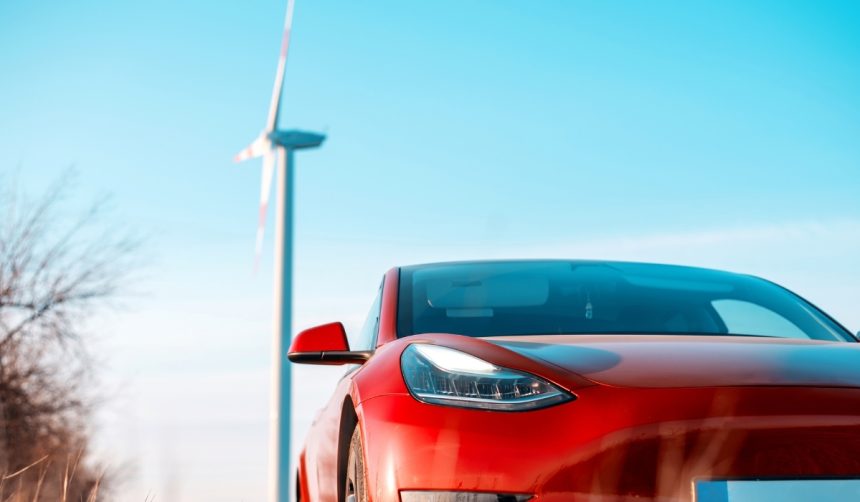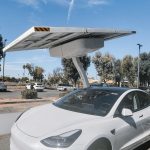Giga Texas, Tesla’s expansive manufacturing hub, is placing renewed emphasis on the development of its autonomous taxi platform, the Cybercab, following recent observations of substantial facility upgrades. While industry watchers have largely focused on Tesla’s Model Y L, ongoing drone footage and insider commentary highlight significant activity aimed at advancing the production readiness of the new Robotaxi. The shift comes amid increased speculation about Tesla’s autonomous vehicle ambitions and their potential impact on the broader ride-hailing and urban mobility sectors.
Reports from earlier this year indicated that Tesla’s focus at Giga Texas largely centered around scaling up the production of mainstream vehicles and batteries, with progress on Robotaxi projects appearing limited or less visible. However, new developments now point to accelerated work specifically targeting autonomous vehicle lines. Unlike previous updates that emphasized manufacturing delays or uncertainties about Tesla’s timetable for robotaxis, current activities reveal a more definitive push towards launching the two-seat Cybercab, as demonstrated by notable structural and equipment enhancements.
Facility Upgrades Reinforce Cybercab Priority
Tesla has expanded its footprint inside Giga Texas by refurbishing the structural pack area, constructing additional mezzanine floors, and integrating new manufacturing equipment. Images shared by independent drone observers suggest that preparations for the Cybercab assembly lines are well underway. The focus on infrastructure improvements reflects an operational commitment to meet the demands of high-volume autonomous vehicle production.
What Sets the Cybercab Production Apart?
Setting the Cybercab apart from conventional vehicle lines, Tesla is adopting its “Unboxed” production process, which is designed to speed up assembly and streamline final vehicle output. The approach shifts away from traditional automotive assembly, and, as CEO Elon Musk explained, brings vehicle manufacturing closer to how consumer electronics are built.
“The structural pack area has been undergoing a lot of upgrades… production expansion and new equipment installation,”
noted a frequent observer of the facility’s progression.
How Ambitious Are Tesla’s Production Goals?
Elon Musk has announced a production target of 2 million Cybercabs annually at full scale, a figure surpassing Tesla’s output for any existing model. The plan involves mass manufacturing these robotaxis at Giga Texas initially, with expansions to additional sites globally when volume allows. According to company statements,
“As the Cybercab production lines get their equipment installed… other parts of the factory need expanded capabilities such as the battery structural pack section,”
signaling broader upgrades to align with these targets.
Giga Texas’s evolving priorities demonstrate Tesla’s flexibility in adjusting manufacturing resources in response to strategic objectives. By pushing ahead with Cybercab production until launch, Tesla seeks to position itself at the forefront of autonomous mobility offerings, while still balancing commitments to its legacy models. Industry analysts continue to monitor whether the rapid pace of upgrades will translate to timely market rollout and viable mass production of driverless taxis, given the unique challenges in regulatory approval, urban deployment, and user adoption.
For readers interested in commercial autonomous transport, the Cybercab project serves as a critical case study in the scaling of complex technologies. Understanding the modular “Unboxed” process and the effort required to retrofit existing gigafactories for new product categories will be increasingly valuable as more automakers pursue similar innovations. Decisions made at Giga Texas today will likely influence timelines, investment strategies, and operational best practices across the electric and autonomous vehicle ecosystem. Tracking Tesla’s progress will help gauge the realistic prospects for large-scale autonomous ride-hailing services and signal broader industry readiness.










